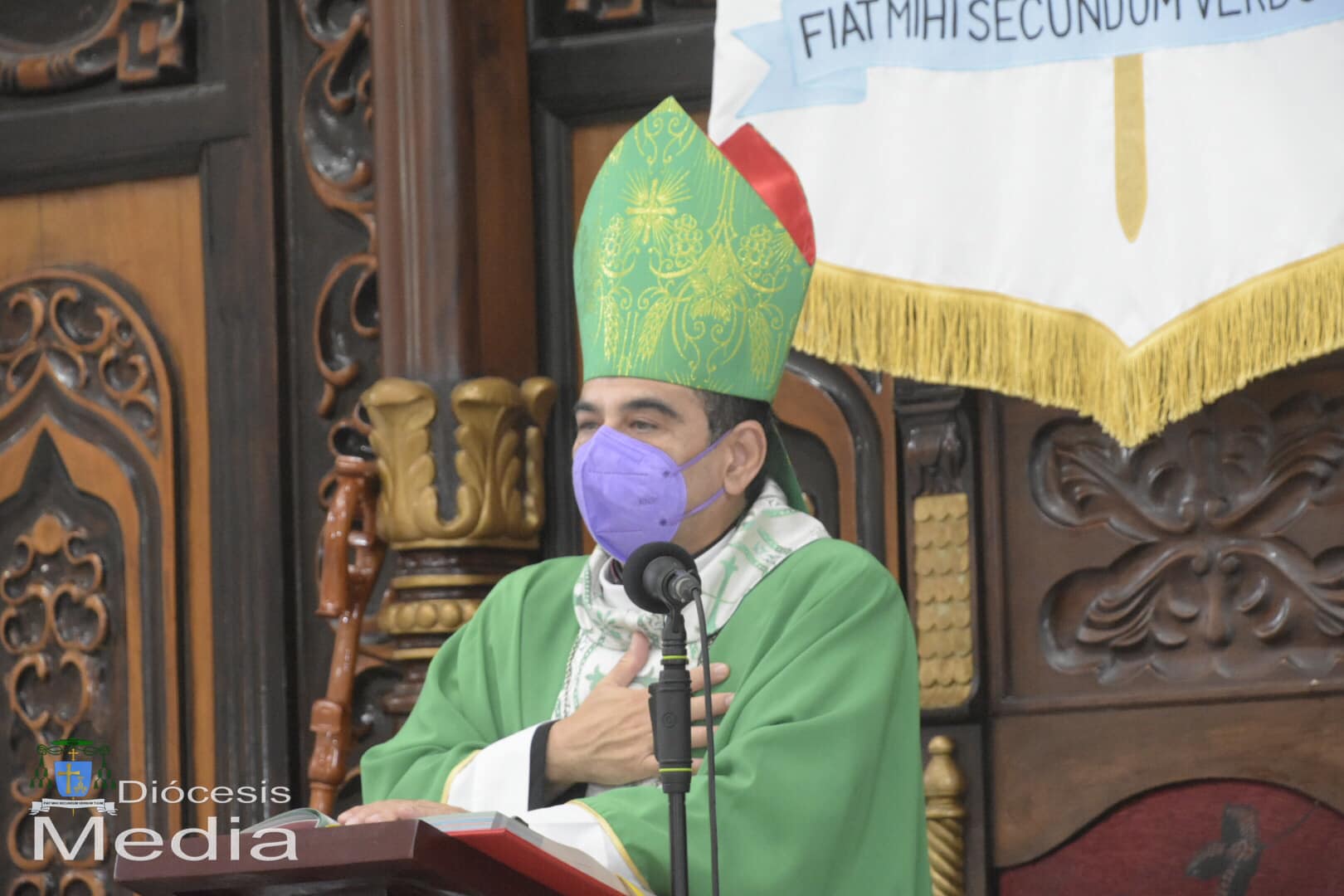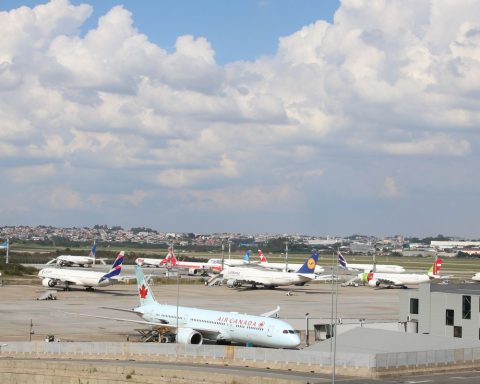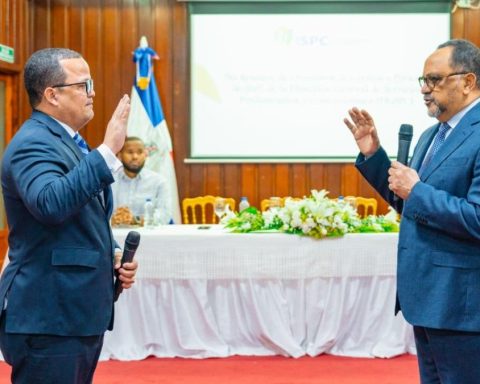Monsignor Rolando Alvarezbishop of the diocese of Matagalpa and apostolic administrator of the diocese of Estelí, insisted on responding with “love and forgiveness” in the face of evil, while expressing solidarity with the Mexican Catholic Church for the murder of two Jesuit priests.
“He who looks back is not fit for the kingdom of God. Put your hand to the plow who is willing to follow the Lord, who is willing to learn from mistakes (…) on an arduous path of grace and conversion, seeking paths of reunion in fraternity, peace, justice, freedom and holiness”, he stated in his Sunday homily this June 26, from the San Pedro Apóstol Cathedral in Matagalpa.
“He puts his hand to the plow who is willing to forgive. Forgiveness is above all a personal decision, a decision of the heart that goes against the spontaneous instinct to return evil for evil. We insist on love and forgiveness, that revenge and hatred only generate a spiral of violence,” the Catholic leader reiterated.
Related news: Opponents reject possible dialogue between Cosep and Ortega: They seek to “trample the memory of the murdered”
Monsignor Álvarez took the opportunity to join the call of the Church of Mexico and the Society of Jesus for the murder of Jesuit priests Javier Campos Morales and Joaquín César Mora Salazar, which occurred on the night of June 20 in Chihuahua. “Murdered as a result of uncontrolled violence in that brother country. With the Mexican Church we cry out: peace is possible, peace must be possible,” the bishop asked.
He went on to invite believers to work for the common good with kindness and mercy, and to turn to the “past” not to dwell on it, but to learn. «We look back to search for historical memory… to find strength and resume the path. Let us undertake together with firm determination the search for new horizons”, declared the religious leader.
Related news: Jesuit priests murdered inside a church in Mexico
During the closing of the Tenth World Meeting of Families, Monsignor Álvarez pointed out that “it is a pity that some divergences of opinion within today’s society on issues related to marriage and the family prevent many from recognizing the providential work of the Church for the family and often left alone in this decisive battle for the future of humanity. He added that “it is not correct to transfer the issue of life and family to the ideological level when the present and future of society are at stake in it.”


















